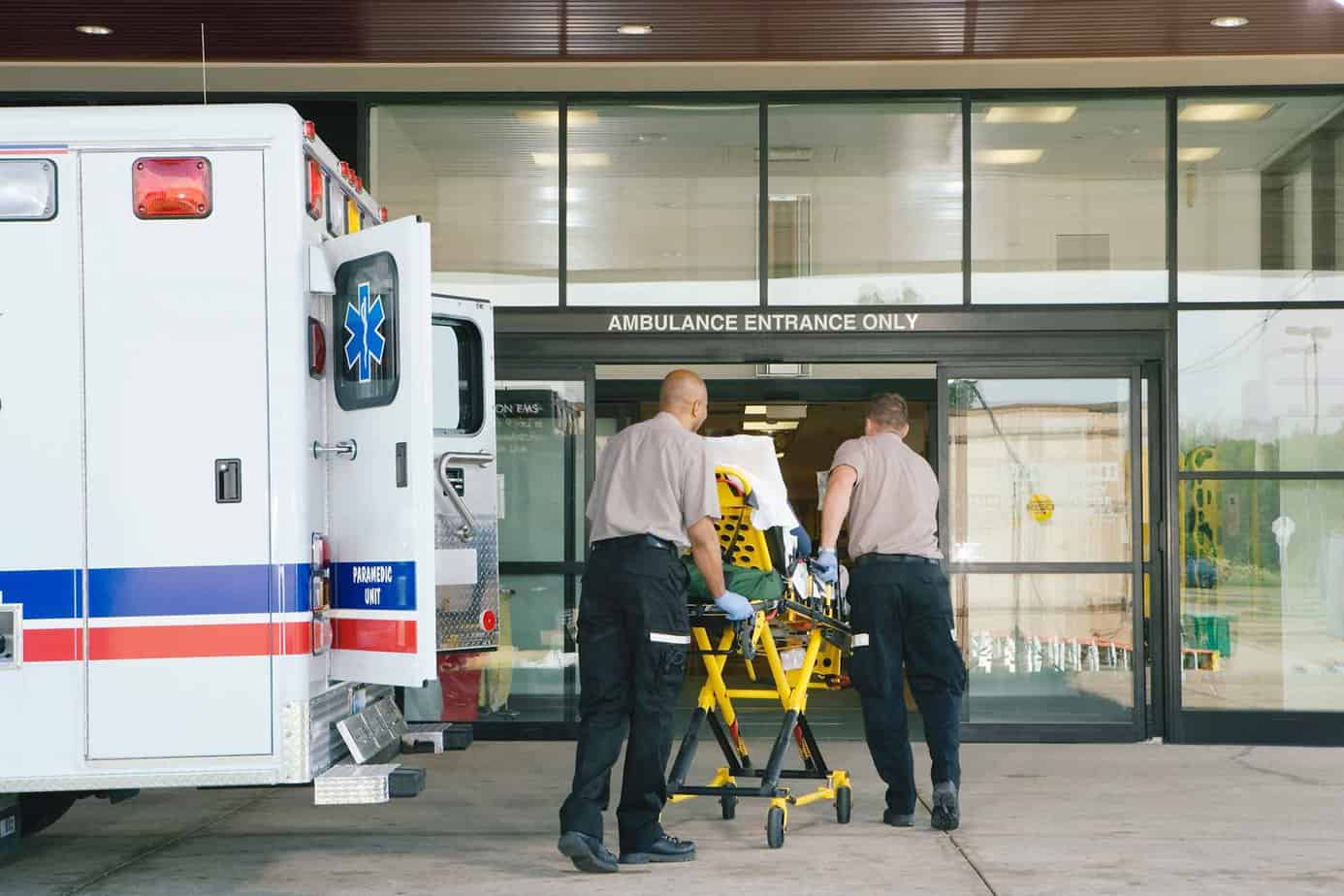Heroin addiction is a devastating condition that can have severe physical and psychological consequences. One of the biggest challenges for individuals struggling with heroin, opioid, or fentanyl addiction is dealing with intense cravings for the drug. These cravings can be overwhelming and make it incredibly difficult to maintain sobriety. Read on to learn more about the neurobiology of heroin cravings, how to identify triggers, and various strategies to reduce cravings and live a life free from opioid use.
The Neurobiology of Heroin Cravings
To understand how cravings for heroin arise, it is essential to delve into the neurobiology of addiction. Chronic use of heroin alters the brain’s structure and processes, leading to tolerance, dependence, and addiction. When heroin enters the brain, it binds to opioid receptors in the brain, which releases dopamine. The brain associates dopamine with pleasure and reward. As time goes on, the body and brain begin to require that dopamine rush.
Opioid Tolerance, Dependence, and Withdrawal
Repeated exposure to heroin or other opiates leads to the development of opioid tolerance, where higher doses are needed to achieve the same effects. Tolerance occurs because the brain cells with opioid receptors become less responsive to opiates and dependence develops. When a person becomes dependent on heroin, fentanyl, or other opiates, they must continue taking opiates to avoid withdrawal symptoms. Withdrawal symptoms occur when individuals who have developed tolerance abruptly stop using heroin. While the pleasure derived from heroin initially drives continued drug use, prolonged use leads to brain changes, ultimately resulting in
Identifying Triggers
To effectively manage heroin cravings, it is crucial to identify triggers that can provoke an intense desire to use the drug. Triggers can be internal or external factors that elicit cravings. Internal triggers may include negative emotions, stress, or physical discomfort, while external triggers can be people, places, or things associated with heroin use. By recognizing these triggers, individuals can take proactive steps to avoid or cope with them, reducing the risk of relapse.
Internal Triggers
Internal triggers, such as stress and negative emotions, can significantly impact cravings for heroin. Stress activates the brain’s stress response system, leading to an increase in cortisol levels, which can intensify cravings. Recognizing stressors and developing healthy coping mechanisms, such as exercise, mindfulness, or deep breathing exercises, can help manage tough moments and reduce cravings.
Negative emotions, such as sadness, anger, or anxiety, can also trigger urges to use substances. Engaging in activities that promote emotional well-being, such as therapy, support groups, or hobbies, can help individuals navigate these emotions and reduce the urge to turn to heroin for temporary relief.
External Triggers
External triggers, such as people, places, or things associated with heroin use, can evoke powerful cravings. Identifying these triggers and creating a plan to avoid or minimize exposure to them is essential. This may involve changing social circles, avoiding certain locations, or finding alternative activities to replace drug-related routines. Surrounding oneself with a supportive network of friends, family, or a recovery community can provide additional support during challenging times.
Strategies to Reduce Heroin Cravings
While managing opioid cravings can be challenging, there are various strategies to reduce their intensity and frequency. These strategies focus on addressing the physical, psychological, and social aspects of addiction.
- Physical activity and exercise. Engaging in regular physical activity and exercise can be an effective way to reduce heroin cravings. Exercise releases endorphins, natural chemicals in the brain that promote feelings of well-being and euphoria. By replacing the artificial high of heroin with the natural high of exercise, individuals can experience improved mood, reduced stress, and increased energy levels throughout the day. Physical activity also provides structure and purpose, filling the void left by drug use and reducing the likelihood of relapse.
- Holistic therapies. Holistic therapies, such as meditation, yoga, and qigong, can help individuals address the underlying emotional and psychological factors contributing to heroin cravings. Meditation promotes self-awareness, allowing individuals to observe their thoughts and cravings without judgment. Yoga and qigong focus on mindfulness, breath control, and movement, promoting relaxation, stress reduction, and overall well-being. These practices can help individuals develop healthier coping mechanisms, reduce anxiety, and improve self-esteem.
- Seeking support. Building a support network is imperative for individuals seeking to overcome heroin cravings. Surrounding oneself with understanding, non-judgmental individuals who support recovery can provide invaluable emotional support and accountability. This network can include friends, family members, or individuals in recovery who have shared experiences. Additionally, attending support groups, such as Narcotics Anonymous or SMART Recovery, can provide a sense of community, practical advice, and encouragement during challenging times.
- Professional treatment. In cases where heroin cravings become unbearable or the risk of relapse is high, seeking professional treatment is essential. Drug rehabilitation centers provide comprehensive support to address the physical, psychological, and social aspects of addiction. Medications, such as methadone, buprenorphine, or naltrexone, can be used to reduce cravings and manage withdrawal symptoms. These medications act on the same brain structures as heroin but with protective or normalizing effects. Combined with appropriate psychosocial treatments, such as therapy and counseling, professional treatment offers individuals a great chance at long-term recovery.
Heroin cravings can be intense and challenging to overcome, but with the right strategies and support, individuals can reduce their power and live fulfilling lives free from the grip of addiction. By understanding the neurobiology of opioid cravings, identifying triggers, and implementing effective coping mechanisms, individuals can regain control over their lives. Seeking professional treatment and building a strong support network are crucial steps in the recovery journey.
If you are struggling with substance abuse disorders or behavioral health, or are wondering how to help a friend or family member with alcoholism or drugs, Mountainside can help. To speak with a trained mental health and addiction professional, call (800)500-0399 for immediate help.
If you or a loved one is struggling with addiction, Mountainside can help.
Click here or call (888) 833-4676 to speak with one of our addiction treatment experts.

 By
By 







